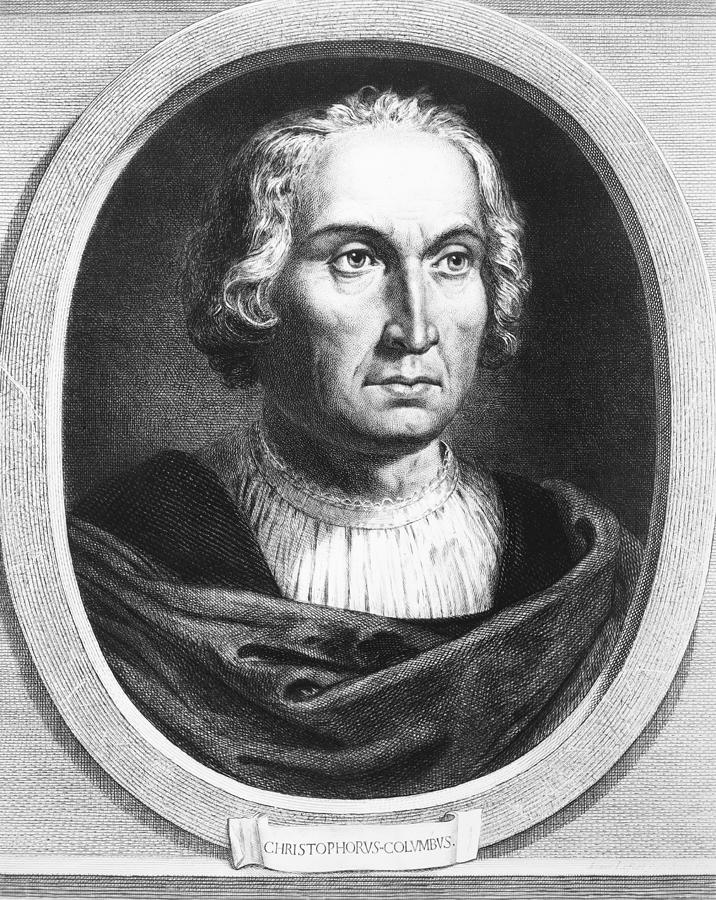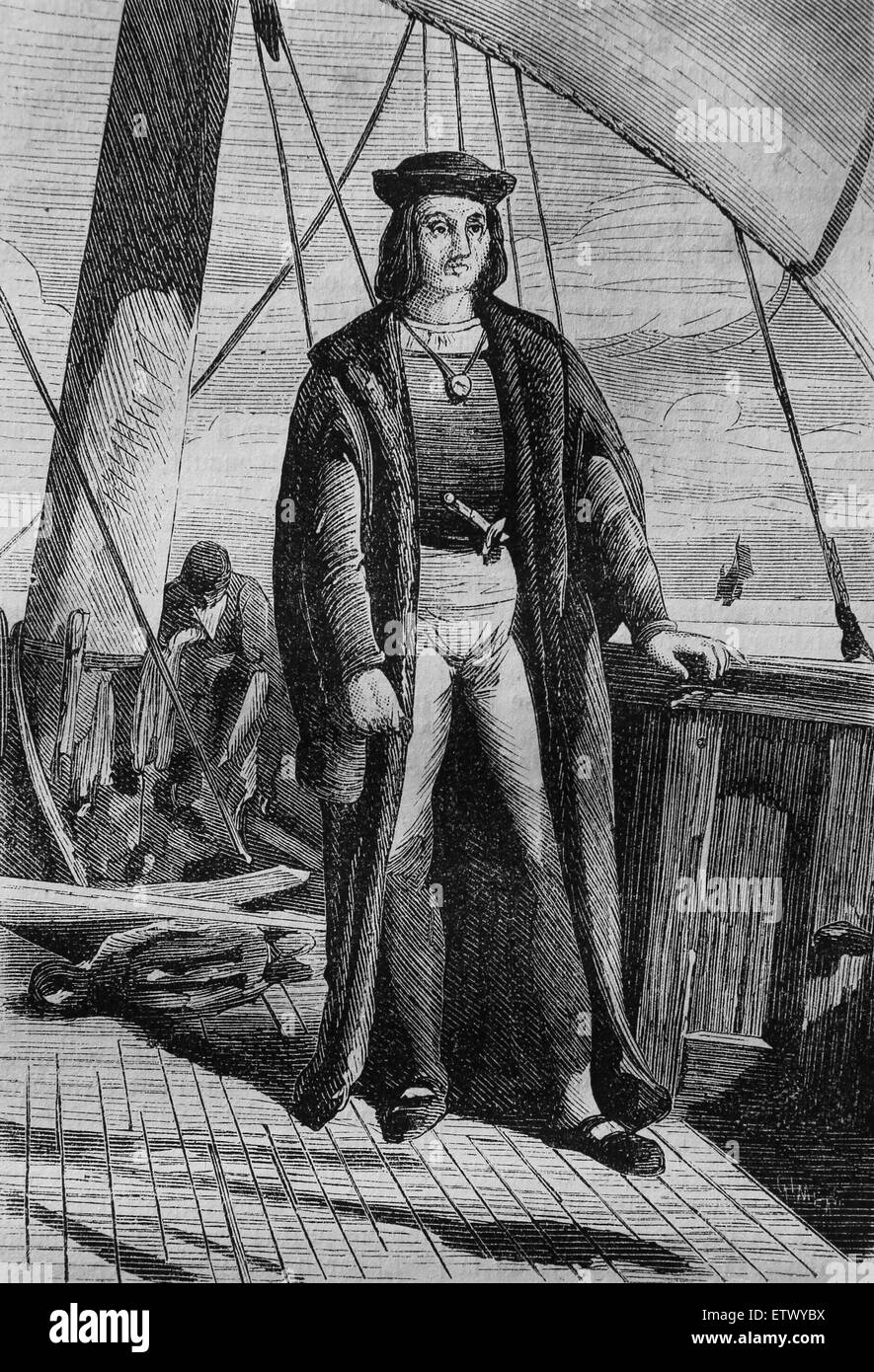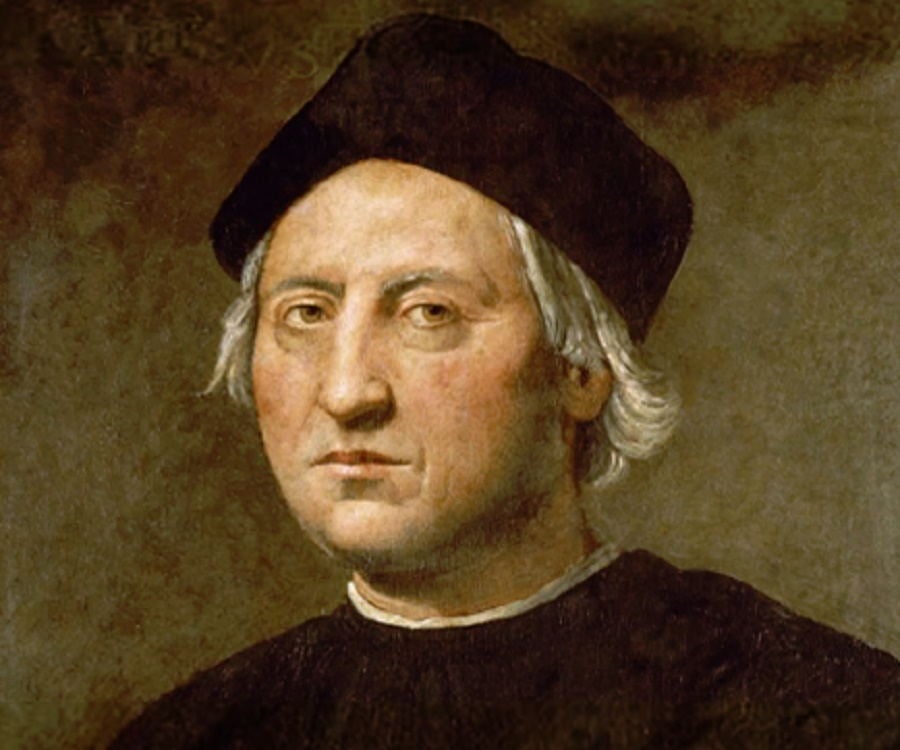Recent Developments on Christopher Columbus' Origins
In a groundbreaking revelation, recent studies have suggested that Christopher Columbus, the famed 15th-century explorer, may have been a Sephardic Jew from Western Europe rather than the widely accepted narrative of him being born in Genoa, Italy. This claim has emerged from a series of DNA analyses conducted by Spanish scientists, igniting a wave of interest and debate within both the scientific community and the public.
The Study and Its Findings
On October 13, 2024, Spanish researchers announced their findings, asserting that Columbus was likely of Jewish descent. This conclusion was drawn from a documentary aired on Spain’s national broadcaster, which presented the results of a 20-year DNA study. The documentary, titled "Columbus DNA: His True Origin," posits that Columbus was not only Spanish but also Jewish, suggesting he may have converted to Christianity to escape persecution during a time when Jews faced severe discrimination in Spain.
Key Points from the Research:
- DNA Analysis: The study utilized advanced DNA analysis techniques to trace Columbus' ancestry, leading to the conclusion that he was a Sephardic Jew.
- Historical Context: The findings are particularly significant given the historical backdrop of 1492, the year Columbus made his famous voyage to the Americas, coinciding with the Spanish Inquisition that forced many Jews to convert or leave Spain.
- Alternative Theories: The documentary challenges the long-held belief that Columbus was born in Genoa and instead suggests he lived in Valencia, Spain.
Reactions and Controversies
The announcement has sparked a mix of excitement and skepticism among historians and scientists. While some celebrate the findings as a significant contribution to understanding Columbus' identity, others have raised concerns about the lack of concrete evidence supporting these claims.

Criticism from Experts:
- Some scientists have expressed doubts regarding the scientific rigor of the documentary's claims, emphasizing the need for more substantial evidence before drawing definitive conclusions about Columbus' heritage.
- Critics argue that the documentary's forensic expert, José Antonio Lorente, has not published any peer-reviewed analyses since the exhumation of Columbus' remains in 2003, which raises questions about the reliability of the current findings.
Broader Implications
The implications of this research extend beyond Columbus' identity. It touches on broader themes of cultural heritage, identity, and the historical narratives surrounding exploration and colonization. The idea that Columbus may have hidden his true identity to avoid persecution resonates with many contemporary discussions about religious tolerance and the legacy of colonialism.
Historical Context:
- The 1492 Edict of Expulsion forced many Jews to convert to Catholicism or leave Spain, leading to a significant Jewish diaspora. Columbus' potential Jewish heritage adds a complex layer to his legacy as an explorer who played a pivotal role in the Age of Discovery.
Related News Articles
Several news outlets have covered this story, providing various perspectives on the findings:
CNN reported on the study, highlighting the use of DNA analysis to uncover Columbus' origins. Read more here.
The Jewish Telegraphic Agency discussed the implications of Columbus' potential Jewish identity, emphasizing the historical context of Jewish persecution in Spain. Read more here.
EL PAÍS provided a critical view, casting doubt on the claims made in the documentary and calling for more rigorous scientific validation. Read more here.
NBC News echoed the findings of the Spanish scientists, reiterating the significance of the study in understanding Columbus' identity. Read more here.
The Independent also covered the story, emphasizing the historical implications of Columbus' potential Jewish heritage. Read more here.

The recent revelations about Christopher Columbus' origins have opened up a new chapter in the exploration of his identity, challenging long-standing narratives and prompting discussions about the intersection of history, identity, and cultural heritage. As the debate continues, it remains to be seen how these findings will reshape our understanding of one of history's most controversial figures. The ongoing discourse highlights the importance of rigorous scientific inquiry and the need for a nuanced understanding of historical figures within their complex socio-political contexts.





